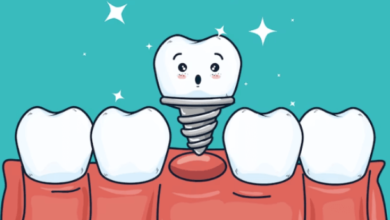Will AI Replace Medical Coders Exploring the Future of Healthcare Documentation

The rapid evolution of AI in healthcare has sparked conversations across the industry. From radiology to diagnostics, artificial intelligence is pushing boundaries—and now, it’s turning its gaze toward medical coding. With the advent of automated medical coding technologies, many are asking: Will AI replace medical coders While AI promises speed and efficiency, the complexity of healthcare documentation suggests a future shaped more by collaboration than replacement.
The Role of Medical Coders Today
Medical coders are essential to the healthcare ecosystem. They translate clinical documentation into standardized codes used for billing, insurance claims, and regulatory compliance. This process requires not only knowledge of anatomy and medical terminology but also an understanding of payer-specific guidelines and evolving compliance regulations.
How AI is Transforming Medical Coding
Recent advancements in natural language processing (NLP) and machine learning have led to the development of AI-powered coding tools capable of extracting key information from clinical notes. Companies like 3M and Nuance are already piloting AI solutions in large healthcare networks, showcasing improved turnaround times and reduced administrative burdens.
Benefits of AI in Medical Coding
- Increased efficiency and throughput
- Reduced human error in routine coding tasks
- Enhanced revenue cycle management
- Improved documentation analysis with real-time insights
Limitations of AI in Medical Coding
Despite its potential, AI in medical coding still faces challenges:
- Contextual nuances: Human coders can interpret vague or conflicting documentation better than machines.
- Regulatory compliance: Healthcare coding must meet strict legal standards. Missteps can lead to audits and penalties.
- Lack of clinical judgment: AI lacks the ability to make judgment calls in complex or ambiguous cases.
Will AI Replace Medical Coders?
In short—no, at least not in the foreseeable future. The more likely scenario is that AI will augment human coders, handling repetitive tasks and allowing coders to focus on more strategic areas such as:
- Auditing and compliance
- Quality assurance
- Workflow optimization
- Educating providers on documentation best practices
This hybrid model of AI-human collaboration will define the future of healthcare documentation.
The Evolving Role of Medical Coders
As healthcare technology advances, so too must the skills of the workforce. Medical coders will need to:
- Embrace AI tools as productivity partners
- Develop data literacy and analytical thinking
- Stay current on regulatory updates and payer trends
- Collaborate with IT and clinical teams in tech-driven workflows
Conclusion
AI is undoubtedly reshaping the landscape of healthcare documentation, but the role of medical coders is far from obsolete. Instead of asking Will AI replace medical coders we should be asking “How can AI empower medical coders to do more meaningful work?” The future lies in synergy—where technology enhances human expertise rather than replacing it.






